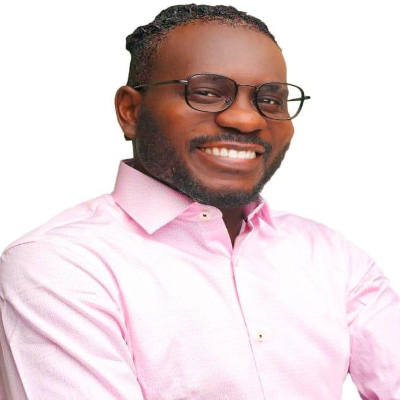
Kayode Bakare, a seasoned broadcaster and Head of Programmes at Silverbird Communication Ltd (Radio), has made a resounding call for renewed purpose, smarter regulation, and investment in talent within Africa’s media landscape. In a follow-up interview ahead of his participation in the Broadcasting and Digital Media Convention – West Africa 2025, Bakare shared his reasons for getting involved and what he believes must be done to secure the future of broadcasting in the region.
With over 17 years of experience wearing multiple hats in the broadcasting space – from producer and engineer to voiceover artist and presenter – Bakare says his decision to join the Convention’s speaker lineup was inspired by a desire to give back. “There’s value in passing down real-world experience – not just the wins, but also the lessons from adapting and staying relevant in an ever-evolving media landscape,” he noted.
Reflecting on the sector’s current state, Bakare identified several key issues hampering growth and innovation in Africa’s broadcast media space. First among these is inconsistent or restrictive regulation from government agencies, often stifling creativity and operational flexibility. Added to this is a worrying trend of media houses neglecting investment in training and talent development.
“When stations don’t invest in professionals or their growth, it affects the quality of content and ultimately weakens the industry’s credibility,” Bakare warned.
Other concerns include the lack of reliable internet access in rural areas, excluding millions from digital broadcasting benefits, and the rising threat of digital platforms like YouTube and Facebook to traditional broadcasters’ advertising revenues.
For Bakare, the challenges facing the broadcasting industry are far from insurmountable. He maintains that with progressive reform and strategic adaptation, today’s difficulties can be transformed into tomorrow’s opportunities. He emphasises that policy and regulation must evolve, with regulators acting as enablers rather than gatekeepers by maintaining open dialogue with media practitioners to ensure policies align with the demands of the digital age. Regarding talent development, he advocates continuous training and capacity building, either through in-house programmes or partnerships with media institutions.
He also stresses the need for digital integration, urging broadcasters to embrace rather than resist digital platforms—such as podcasting, simulcasting, and social media content creation—to reconnect with younger audiences and widen their reach. Additionally, Bakare champions revenue diversification, encouraging broadcasters to explore new monetisation models, such as branded content, influencer collaborations, and digital subscriptions, to reduce their reliance on traditional advertising.
Looking ahead to the Broadcast and Digital Media Convention – West Africa 2025, Bakare expressed hope that participants will gain new knowledge and a renewed commitment to collaboration and industry growth. “Radio is far from dead; it’s simply adapting,” he said. “From podcasting to AI tools like ChatGPT, we have the means to create more efficient and engaging content. But none of it works in isolation. We need stronger collaboration, relationship building, and continuous learning if we’re going to thrive.”


















